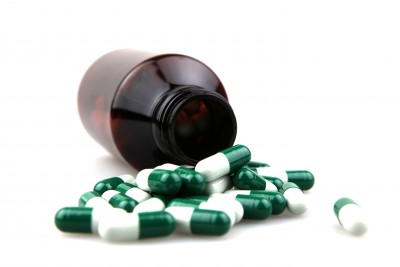Prevention
Simple safety measures are the best way to make sure your child cannot get access to poisons.
- When buying medications, household chemicals and garden products, choose childproof containers if possible. Ask for pills and tablets in blister packs and foil strips.
- Put all poisons out of reach of children after using or buying them.
- Use child resistant locks on cupboards containing poisons.
- Always read the labels of all medications and follow the instructions when giving medication to your child.
- Do not confuse children by talking about pills and liquid medication as ‘lollies’.
- If you take pills, do so out of sight of children.
- Keep handbags out of reach of children.
- Discard old medications, batteries and poisons.
- Store poisons and medications in their original containers.
- Never put poisons in drink bottles.
- Keep children away from the dishwasher and close it after putting dishes in.
- Parents and caregivers should consider doing a first aid course.
- Do not grow poisonous plants.
First aid
If you suspect your child has been exposed to or has swallowed a poison, call the Poisons Information Centre for first aid advice (even if symptoms have not developed). It is open 24 hours a day.
Do not try to make your child vomit unless advised to do so by the Poisons Information Centre.
If you are told to go to the emergency department take any container (spray bottle, pill container etc) with you.
Contacts
National Center for Clinical and Environmental Toxicology: 8007770999 – 23640402
Poisoning Control Center Ain Shams University: 24828212 – 24823314

Your Baby checkup
what are the vaccinations that he should have taken until now?
Generate a report for my baby.
Track Your Baby Vaccinations
Find Your Baby name
Mohandessin
01002195777
01000012400
0233048350
Beverly Hills
01000012900
0238576831
El Tagamo3
Al Sheikh Zayed
02- 38514031
01000608597


